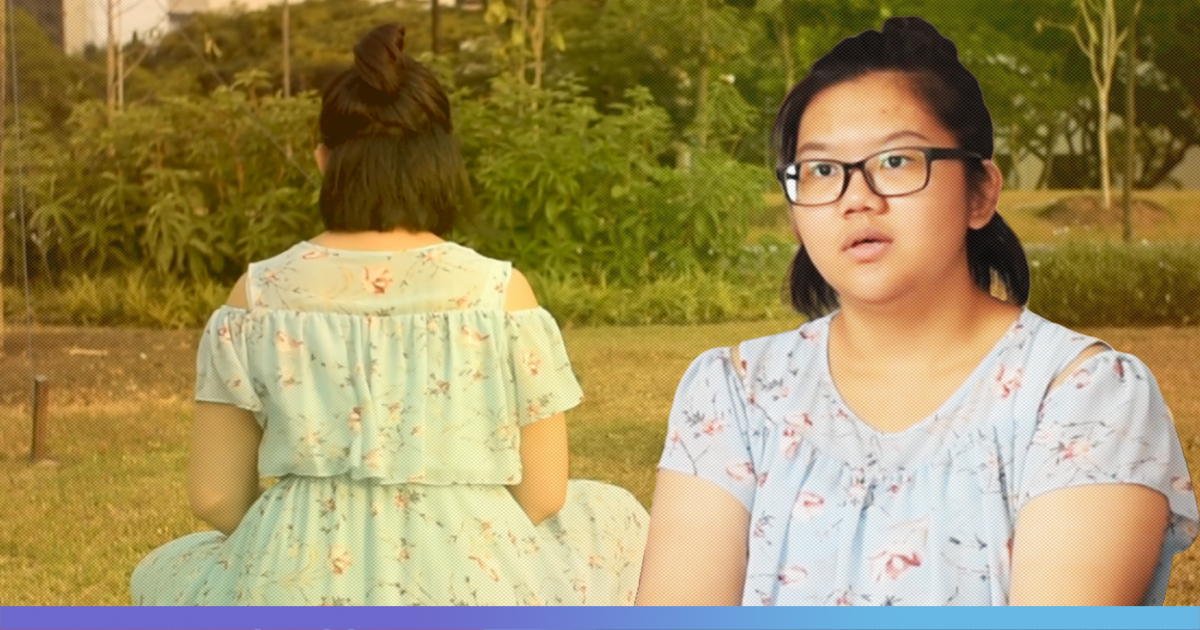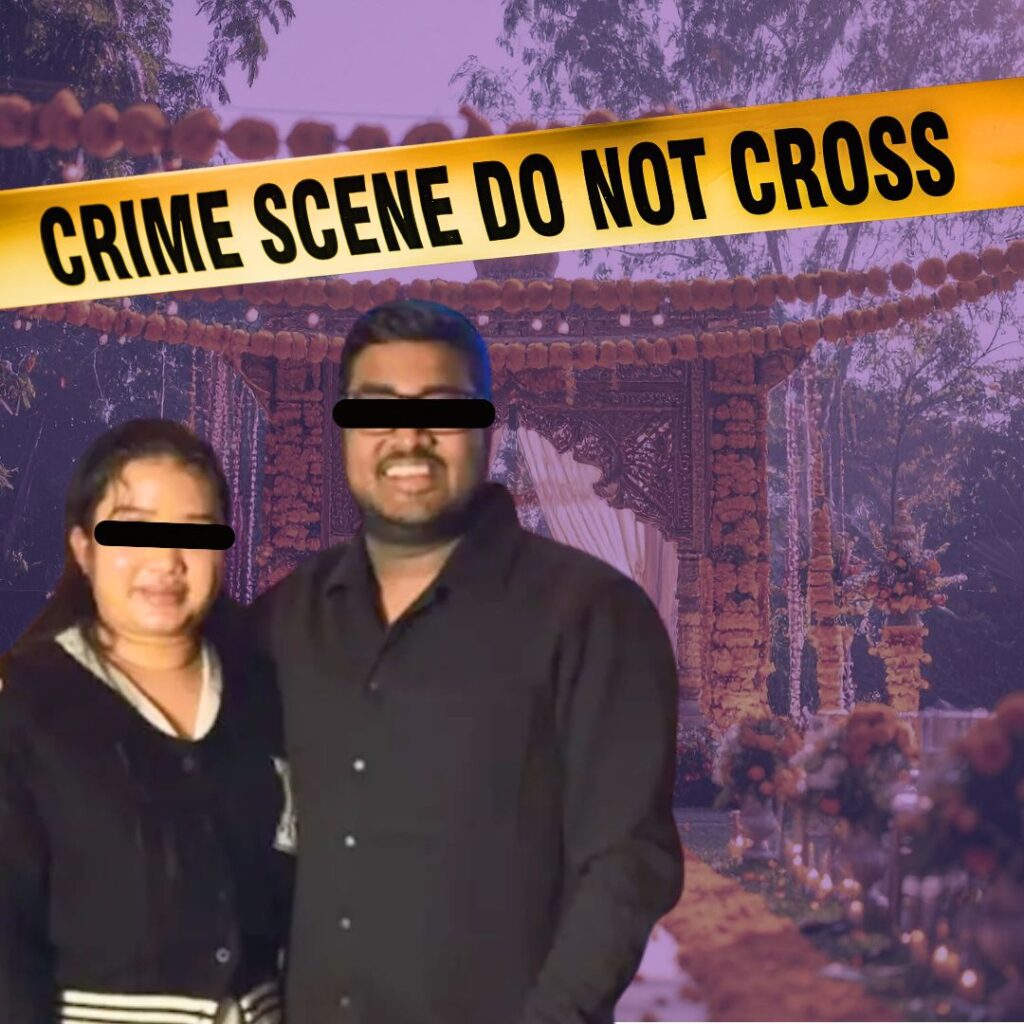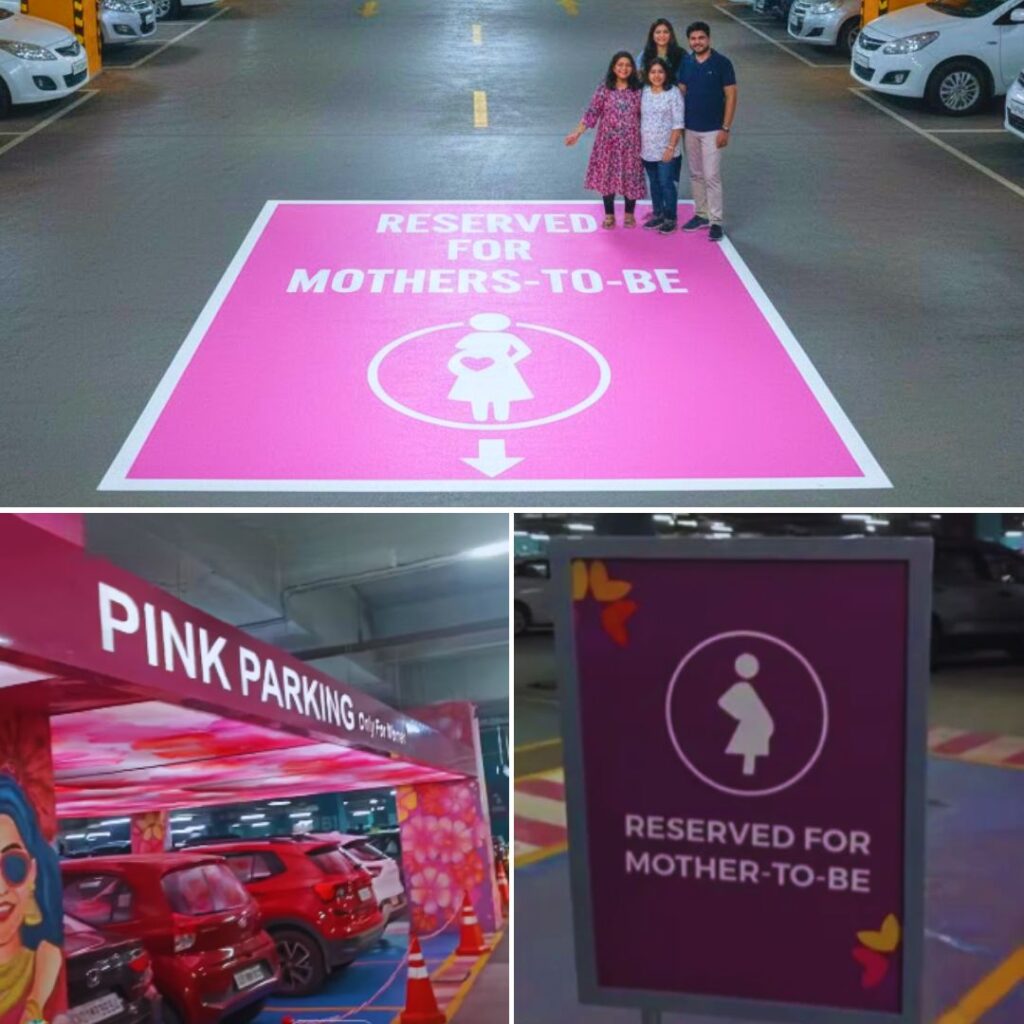As the lights dim in the room, a DJ spins minimal electronic beats as dancers whirl across the floor, some awkwardly, others with abandon.
The mood is relaxed, but the mission is purposeful — the dancers are volunteers-in-training at Over The Rainbow, a non-profit that promotes mental health and wellness.
The music workshop is one of several that the volunteers are taking part in, to experience various ways of caring for one’s mental health, and to eventually assist in facilitating such workshops.
Observing the session is founder Chow Yen-Lu, who started Over The Rainbow with his wife Yee Ling after the couple lost their son, who had manic depression, to suicide in 2009.
As they worked through the pain and grief of losing Lawrance, their only child, the couple felt the need to do something.
“My wife and I were talking, you know, he cannot be the only one that’s suffering,” said Yen-Lu. “We’re not mental health professionals, but where can we add value, how can we help?”
In 2012, they formed Over The Rainbow to provide free mental wellness resources to youth — from informational articles, to workshops on creative and spiritual therapies, to support groups.
The goal? A safe space that empowers individuals with tools to care for their mental health.
“I knew from our personal experience, that looking at prevention, self-care, taking ownership, that’s the only thing that would be sustainable,” says Yen-Lu. “Mental wellness is this thing that will keep you going for the rest of your life.”
Among the volunteers participating in the training is Lim Yan Ling, who crossed paths with Over The Rainbow in 2018, while searching for ways to help her process her mental health journey.
“I felt so fearful”
For Yan Ling, it started with a few things: admonishment from a teacher in primary school to speak louder; criticism about her weight from her mother.
Then her schoolmates started to tease and hit her, calling her a “daddy’s girl” when she told her father, who spoke to her teachers about the bullying.
By the time she was 12, Yan Ling was considering taking her life. “I didn’t know how to, so I started hurting myself first, hitting my head on the wall, against the toilet bowl,” she says.
At 14 years old, she was diagnosed with major depressive disorder, more commonly referred to as depression. She felt isolated from friends, who did not understand what she was going through.
In Singapore, depression is the most common mental disorder, affecting one in 16 people at some point in their lives.
The causes of this common-yet-complex condition are not yet well understood, but current research points to depression being caused by a mix of social, psychological and biological factors.
In addition to depression, Yan Ling was diagnosed with borderline personality disorder, which affects how a person feels and thinks about herself, and can cause intense episodes of anger, depression and anxiety.
After being diagnosed, Yan Ling saw a counsellor and received psychotherapy from a psychologist and a psychiatrist. She was also admitted into the Institute of Mental Health (IMH) several times after harming herself.
“I felt so, so fearful. I remember stepping into the school every morning and just feeling complete dread. My whole body would tense up,” recalls Yan Ling, now 21. “I was very suicidal and I was very, very violent.”
Overwhelmed by depression and continued bullying, she left school at 15.
The Rainbow

Even as she was undergoing psychotherapy, Yan Ling was seeking alternative answers and solutions.
Psychotherapy, she notes, was only available to her a few times a month: “Most of the time you’re still by yourself…I needed other methods of empowerment.”
Her parents also joined in the search, and her relationship with them, particularly her mother, improved as their understanding of what she was going through deepened.
One day, during one of Yan Ling’s episodes, her mother “broke down and cried”. “As she cried, she hugged me. That was the most touching moment in my life,” says Yan Ling.
Through social media, she became aware of activities, such as singing bowls, deep meditation, conscious dance, and breath work, which she was drawn to for their spiritual approach to healing. “It helped me understand myself better,” she says.
Eventually, she came across Over The Rainbow. “I noticed that they were very different in terms of the things that they value,” says Yan Ling. “Yen Lu teaches a lot about self-care and self-love. They give a lot of techniques and tools.”
She adds, “In the end, we have to help ourselves. We cannot depend on someone else helping us.”
“Walking that journey together”
According to IMH, the number of youth in Singapore who sought help for mental health concerns nearly tripled between 2015 and 2017.
Yet, stigma remains a problem. An IMH study published in 2017 found that nearly half the 940 teenagers surveyed labelled people with mental illnesses negatively, using terms like “crazy” and “dangerous”. A similar proportion said they would be “very embarrassed” if they were diagnosed with a mental illness.
Says Yen-Lu: “Mental wellness is seen as a weakness. People have been bullied because of their mental health conditions.”
But stress, anxiety and depression are things every human being may experience at some point in their lives, says Yen-Lu. “I think it’s about all walking that journey together. It’s about creating that kind of environment where people feel safe.”
Over The Rainbow, he says, serves as a “one-stop hub” for youth mental wellness. “We want to empower every young person to find more happiness and fulfilment in life. And create a community that can support each other on this journey.”
Indeed, there is hope: the same 2017 IMH study found that nearly 90 per cent of teenagers would stick up for someone with a mental illness if they were being teased.
Yan Ling recalls how she once ran into one of her primary schoolmates when she went to a group therapy session. “I was so shocked to see her. I started realising how many people my age also are suffering. And it wasn’t just me.”
As she figures out her next step, she now occasionally volunteers with Over The Rainbow.
“I really want to be able to not get stuck in my own my own issues. And be able to serve others, who maybe go through the same thing.”
Contributors
Director: Francis Tan; Producer & Writer: Yanqin Lin; Camera: Brian Koh; Editor: Chris D; Executive Producer: Chris Annadorai










